Mother-infant contact and breastfeeding facilitate maternal and infant health and wellbeing. While the pandemic has disrupted many hospital routines, keeping mothers and babies together and supporting breastfeeding must remain top priorities, regardless of COVID-19 status.
As Dr. Tedros, the Director-General of the World Health Organization recently explained, the benefits of closeness and breastfeeding far outweigh the potential risk of transmitting the virus to one’s baby.
Early in the pandemic, the World Health Organization issued recommendations that mother-infant contact and breastfeeding should be supported even among mothers who have, or are suspected to have, the novel coronavirus.
The recommendations are based on these considerations:
- Breastfeeding protects against illness and death during infancy and childhood;
- Infectious virus has not been detected in breastmilk;
- Most infants with COVID-19 have experienced mild or asymptomatic illness;
- Mothers can take precautions to limit transmission by wearing masks, practicing hand hygiene, and coughing and sneezing into tissues.
These recommendations have been reaffirmed and strengthened over the past several months.
Despite these recommendations, however, many countries and professional organizations around the world have issued guidelines that recommend separating mothers and babies, and prohibit or restrict direct breastfeeding. These policies interfere with mothers’ ability to successfully initiate breastfeeding and lower their likelihood of continuing over time.
Separating mothers and babies, while aiming to protect infants, has many unintended consequences.
Separation:
- Undermines uptake of breastfeeding;
- Has negative health impacts on infants and mothers;
- May not be effective at reducing the infant’s risk of contracting COVID-19;
- Burdens an already overwhelmed health system; and
- Compounds trauma in communities who have experienced long‐standing inequities and violence, including family separation.
Globally, separation disproportionately affects mothers and infants who are already most marginalized. By contrast, keeping mothers and babies together supports breastfeeding, and physical and mental health, which can mitigate health outcomes associated with these inequities.
While the novel coronavirus is a new infectious disease whose effects are not fully known, we have a wealth of knowledge from past research about the vital role of breastfeeding in ensuring the health and wellbeing of mothers and infants. Breastfeeding saves lives. In emergencies, such as this pandemic, it is imperative that we protect, promote and support it.
 About the Author: Dr. Cecília Tomori
About the Author: Dr. Cecília Tomori
Cecília Tomori, JHSON’s Director of Global Public Health and Community Health, is an anthropologist and public health scholar whose research addresses health inequities through teaching, research, and active engagement in global and community health. Her research combines anthropological and public health approaches to investigate and address the structural and sociocultural drivers that shape health inequities in maternal and child health as well as sexual and reproductive health.
For more on this topic, read Dr. Tomori and colleagues’ new paper “When Separation is not the Answer: Breastfeeding Mothers and Infants affected by COVID‐19.”
Read more:
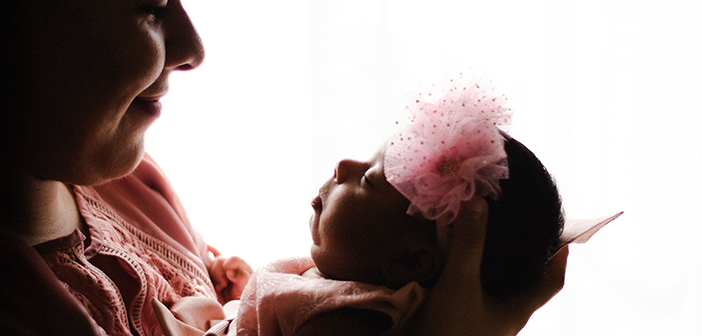
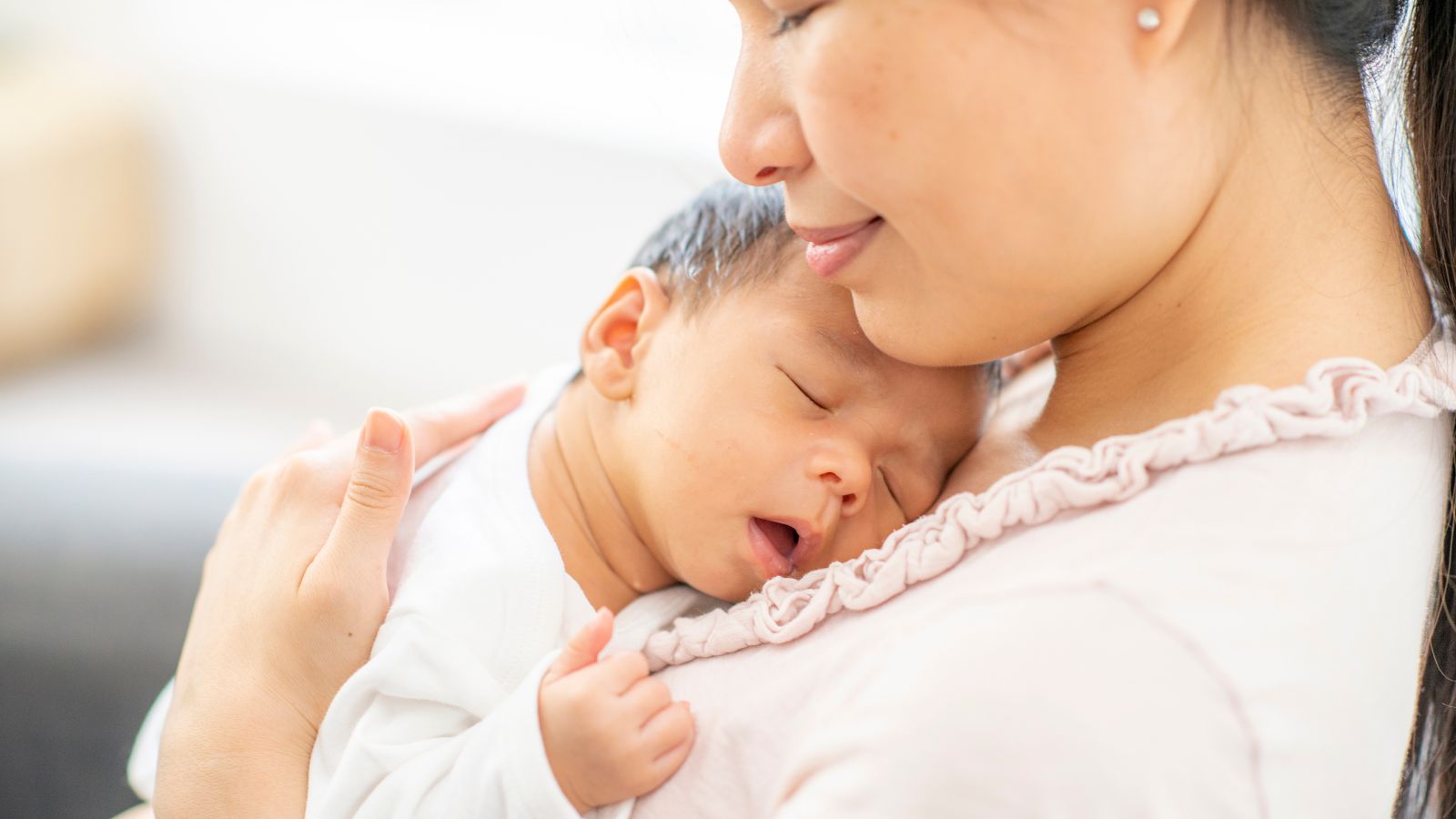 Most People Want to Breastfeed, But Need More Support To Do So
Most People Want to Breastfeed, But Need More Support To Do So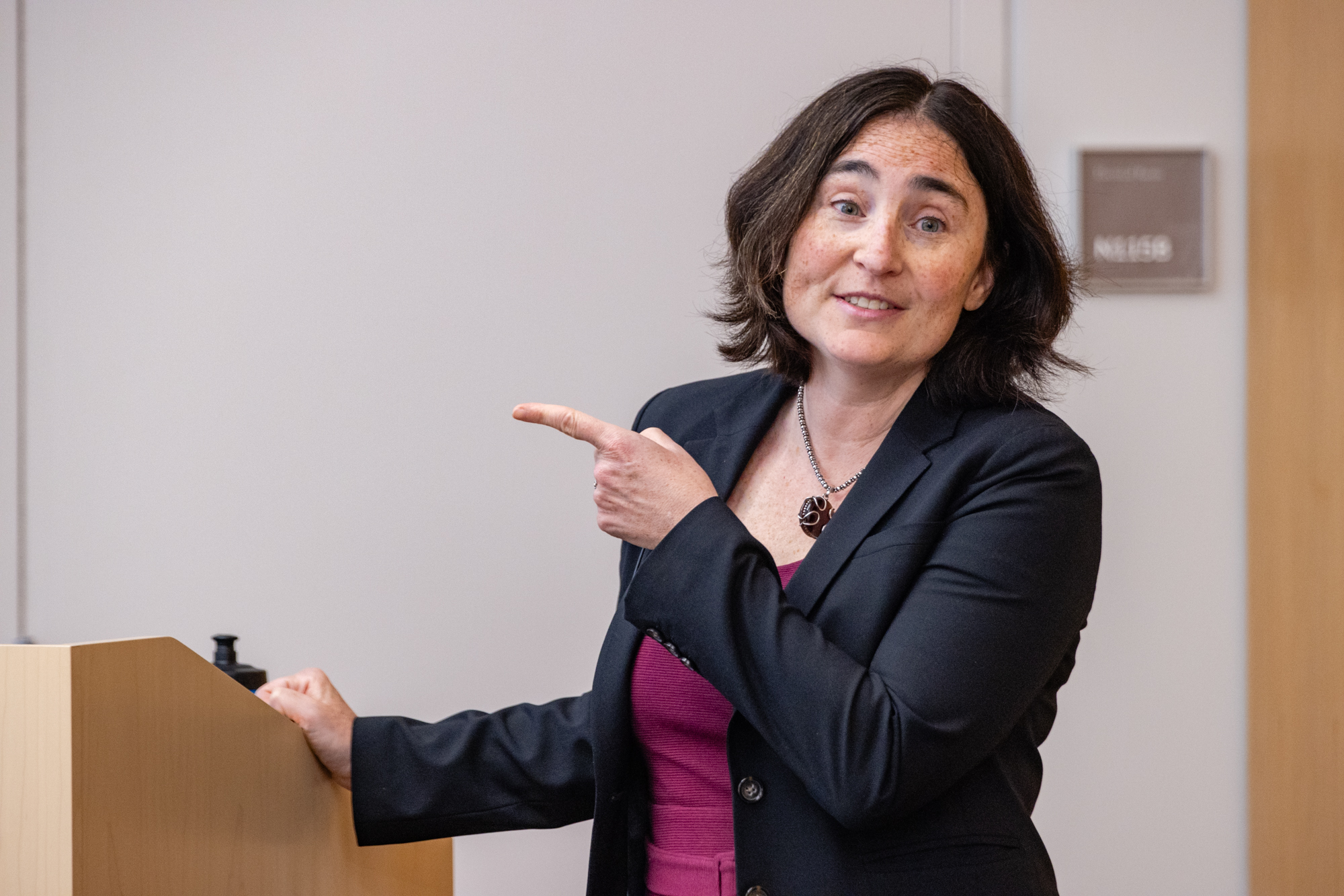 Class News Fall 2023
Class News Fall 2023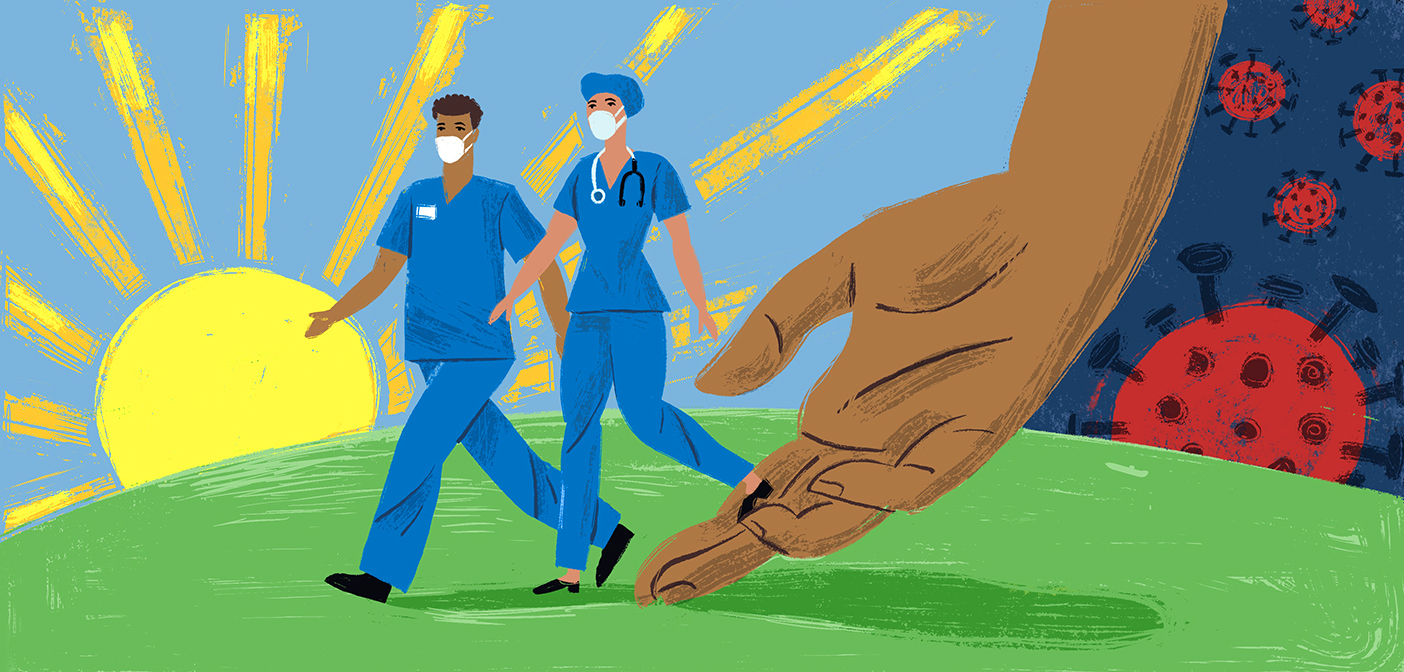 COVID and Nursing: Where to from Here?
COVID and Nursing: Where to from Here?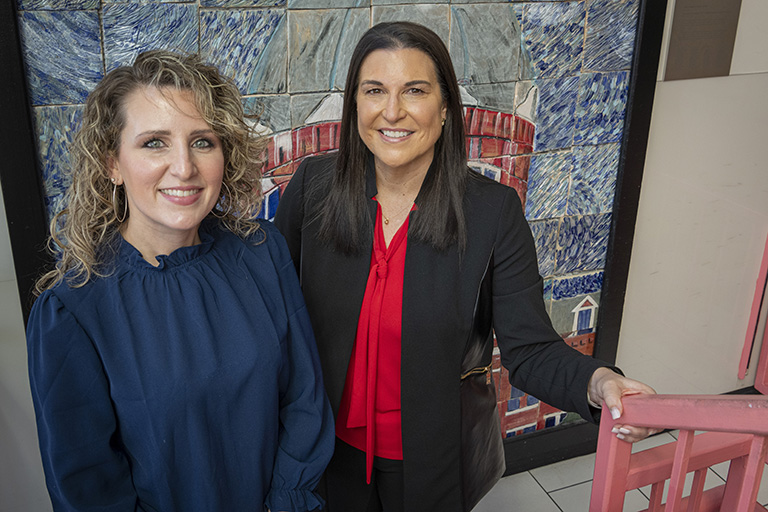 Help on Diabetes in Schools
Help on Diabetes in Schools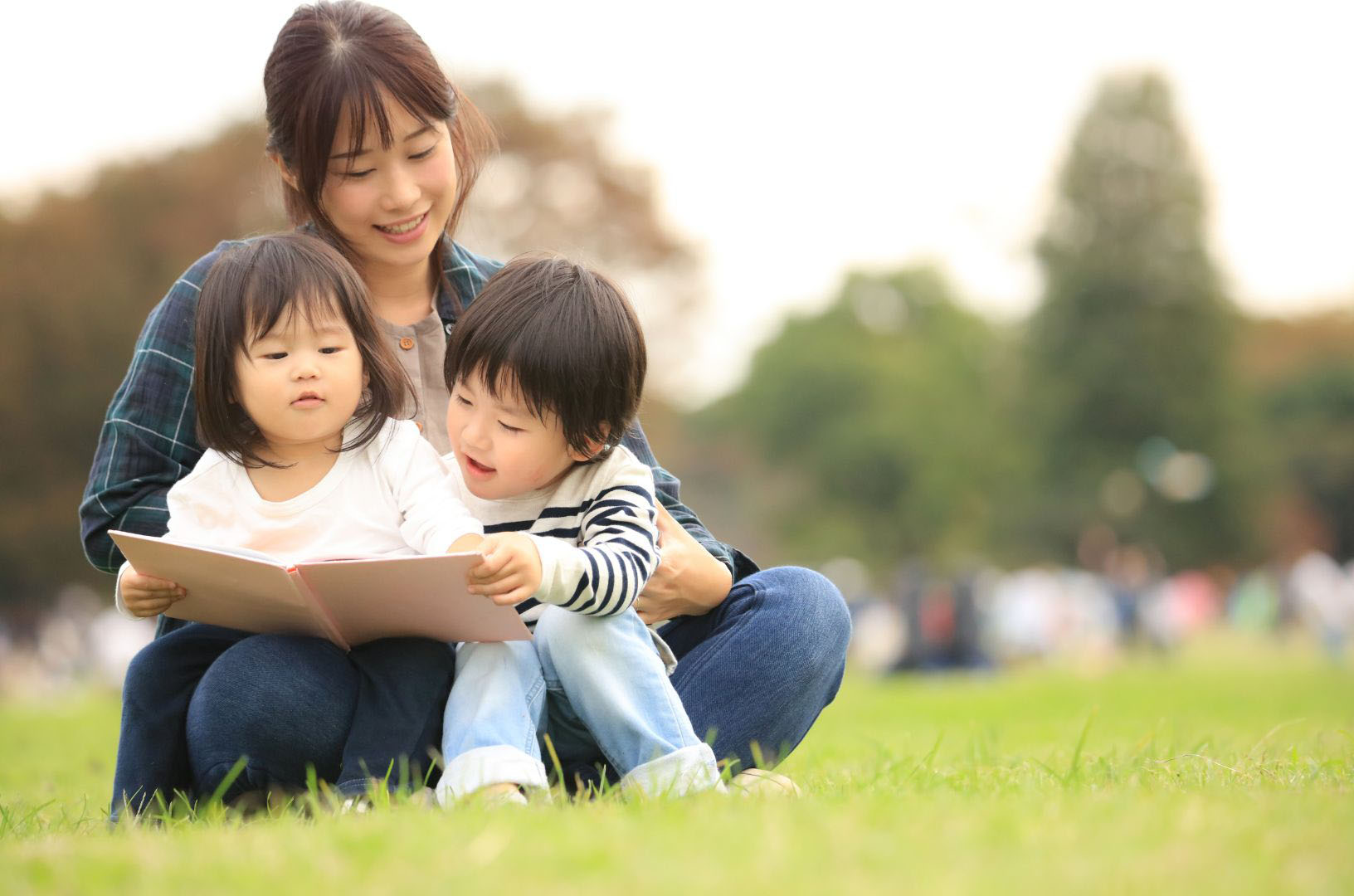 COVID-19: Parents Breathe Next Sigh of Relief
COVID-19: Parents Breathe Next Sigh of Relief







